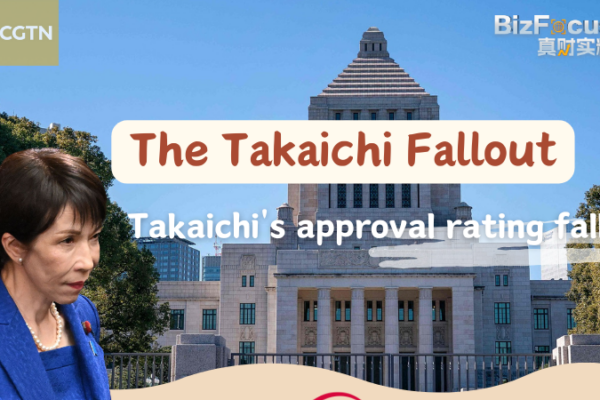
Takaichi’s Approval Dips Below Critical Threshold Amid Policy Doubts
Japanese PM Sanae Takaichi’s approval rating drops below critical threshold amid inflation policy skepticism and early election backlash.
News & Insights Across Asia

Japanese PM Sanae Takaichi’s approval rating drops below critical threshold amid inflation policy skepticism and early election backlash.
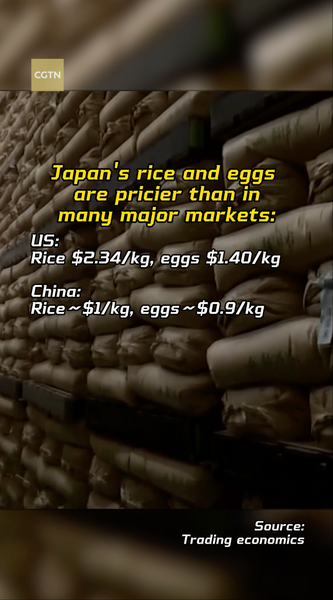
Soaring prices of rice and eggs in Japan strain household budgets, with staple foods becoming unaffordable luxuries for many in 2025.
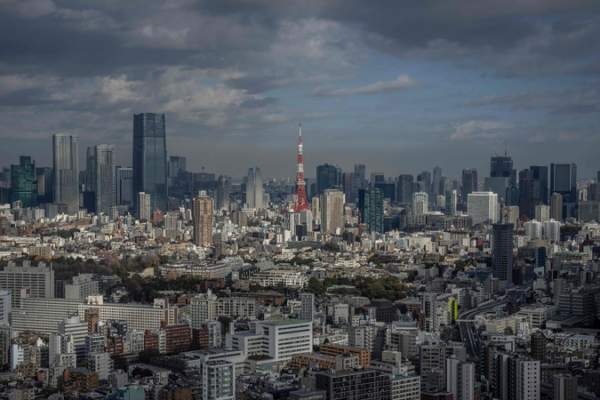
Japan grapples with conflicting monetary tightening and fiscal expansion as inflation persists and bond yields hit 18-year highs. Economic stability hangs in balance.
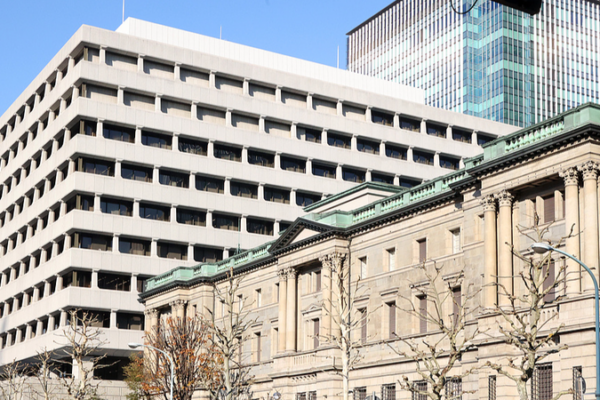
The Bank of Japan’s upcoming policy meeting sparks debate as a potential rate hike to combat inflation faces warnings from experts and industry leaders.

Japan faces economic strain as political leaders deflect blame amid rising prices and stagnant wages, experts warn of deepening public frustration.
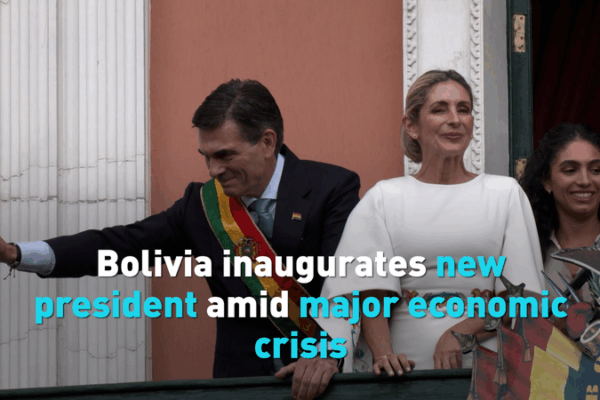
Bolivia’s new president Rodrigo Paz takes office during severe economic challenges, including fuel shortages and soaring inflation, testing his leadership immediately.
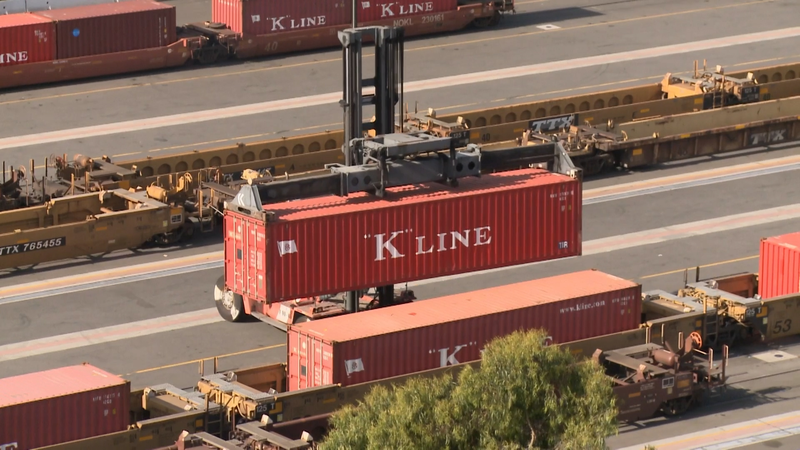
New U.S. port fees on Chinese vessels drive up global shipping costs, raising inflation concerns amid cooling economic indicators.
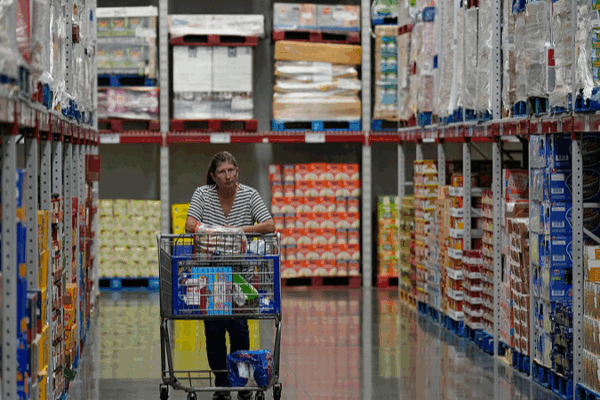
Goldman Sachs analysis shows U.S. consumers bear over half the cost of Trump-era tariffs, with prices rising on both imports and domestic goods.

Goldman Sachs report reveals U.S. consumers shoulder 55% of tariff costs, impacting inflation and global trade dynamics.
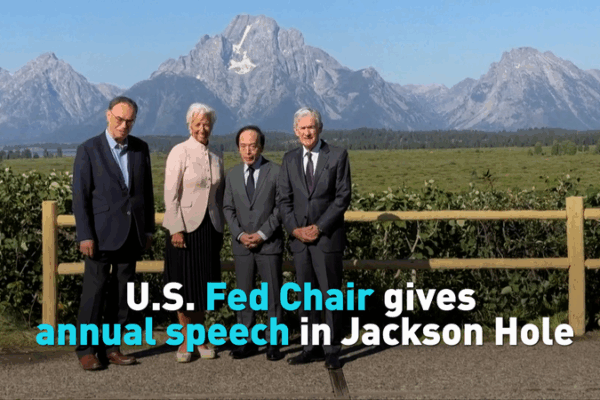
U.S. Federal Reserve Chair Jerome Powell hints at possible interest rate cuts amid economic pressures and trade tensions, balancing inflation concerns.
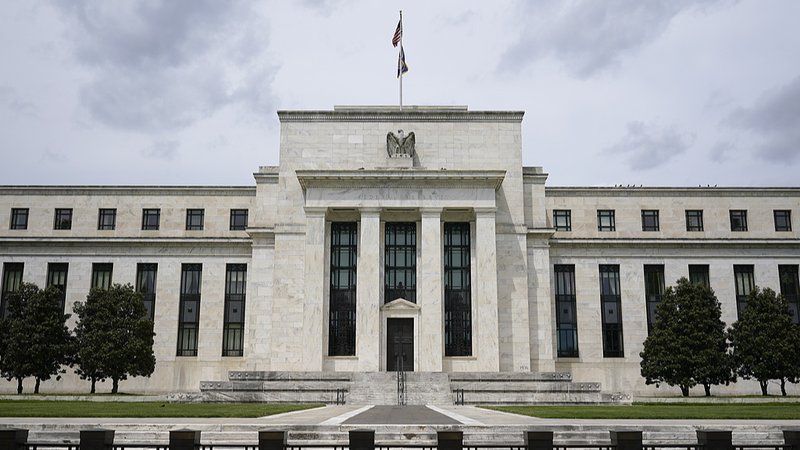
The Federal Reserve’s latest Beige Book highlights economic uncertainty driven by tariffs and cautious hiring, as policymakers debate interest rate strategies.
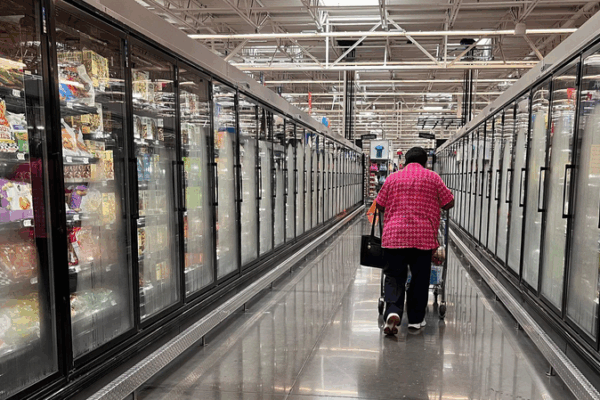
US economic contraction and persistent inflation raise concerns as trade policies and consumer sentiment shape the path ahead.
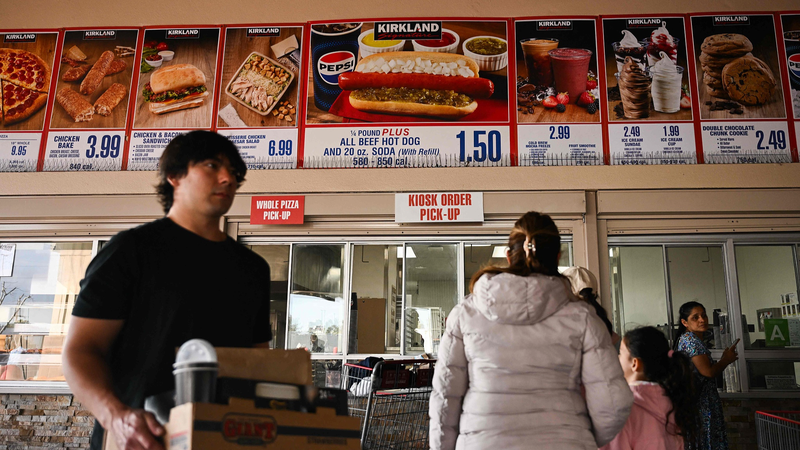
New U.S. tariffs trigger economic contraction, job losses, and rising household costs, sparking debates on trade policy effectiveness.

US consumer confidence drops to 4-year low as tariff fears spark concerns over rising living costs and global trade disruptions.

US tariffs trigger rising consumer costs and inflation fears, with data showing record egg prices and plummeting economic confidence.
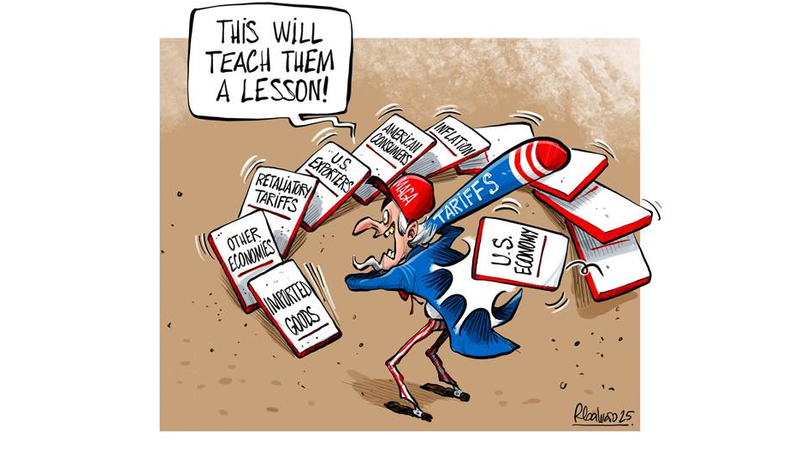
U.S. tariff policies spark inflationary pressures and export declines, creating domestic economic strain despite original protectionist goals.

New US tariffs targeting Chinese maritime sectors may disrupt global supply chains, fuel inflation, and strain port logistics, experts warn.

ECB cuts interest rates by 25 basis points amid inflation stabilization and rising trade tensions, aiming to bolster eurozone growth.

South Korea’s central bank maintains interest rates at 2.75% as policymakers balance inflation control with economic growth stabilization efforts.

As Argentina receives IMF funds, small businesses face ongoing price hikes despite government stabilization claims. Economic challenges persist amid record inflation.